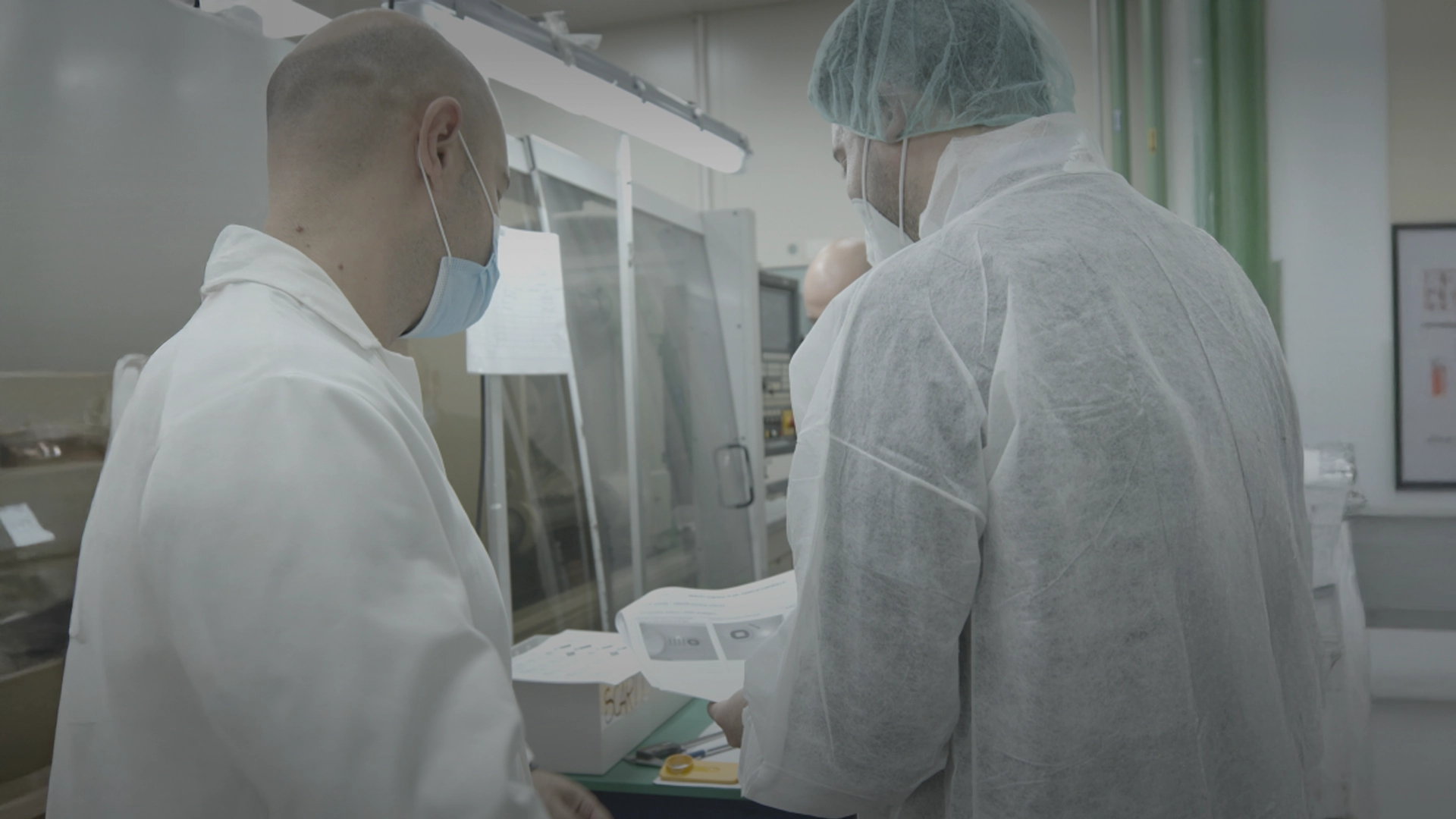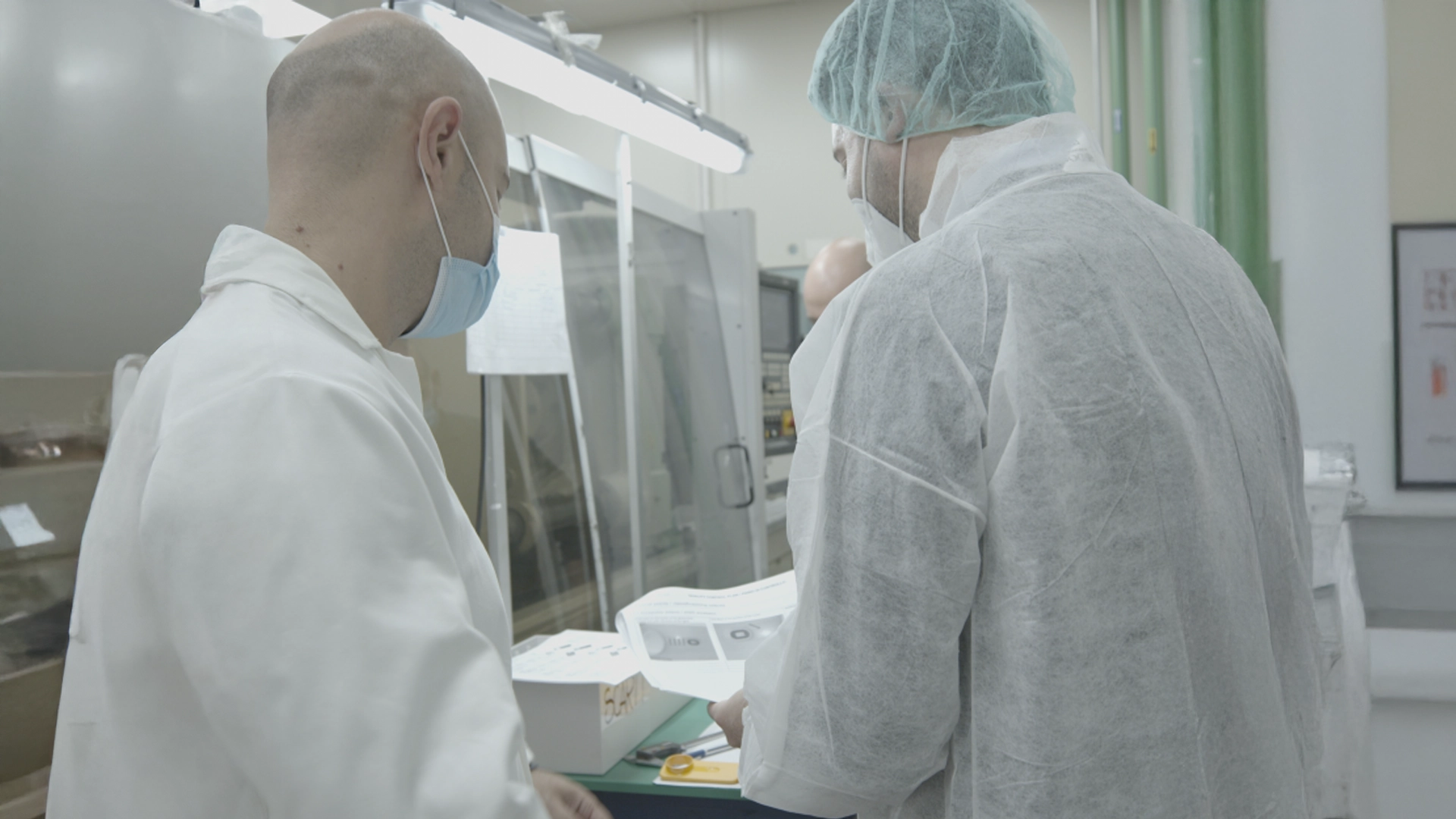Medical devices are thought for use in healthcare settings where hygiene and the need to prevent contamination are essential.
The presence of bacteria and other microorganisms will increase the chances of infection and create a safety concern for patients if cleanliness is not fully controlled.
Air pollutants can also impact the ability of the device to properly function, gathering on its small components. One way that cleanliness is ensured, is by manufacturing these products in a controlled and sterile environment. This is where clean room injection molding becomes a key element of the medical device manufacturing process.
WHAT ARE CLEANROOMS?
A cleanroom is a space specially designed to keep excluded bacteria and air pollutants.
It is a special room, typically inside a manufacturing facility with special filtration used to remove contaminants like dust, airborne microbes, and aerosol particles. Medical device manufacturers often use cleanrooms to produce electronics, pharmaceuticals, and medical devices. In addition to cleanliness and contamination control, cleanrooms also control temperature, air flow, and humidity all of which can impact the quality of finished products.
A cleanroom tends to have no windows and other entryways, aside from doors, to allow air in or out of the premises.
The International Standards Organization (ISO) classifies clean rooms according to airborne particulate cleanliness per cubic meter, ranging from class 9 to class 1. Ordinary room air corresponds to an ISO class 9 room. The required cleanliness level is determined by the classification of the medical device in question. For example, a Class III device calls for greater clean room particle control than a Class I device requires.
In order to keep medical devices free from contaminants, medical device manufacturers take advantage of these controlled environments to produce and assemble these products. Using cleanrooms for medical devices manufacturing and medical device assembly ensures bacteria and pollutants do not impact the functionality or safety of medical devices.
MEDICAL DEVICE CLEANROOMS REGULATIONS
Companies responsible for the creation of devices for the medical industry must meet strict regulations regarding the design, production, and labelling of medical devices. Regardless of the type of device and its classification with the FDA, medical device manufacturers must ensure adequate cleanliness throughout the entire medical device manufacturing process.
On the other hand, ISO 13485 ensures patient safety by regulating cleanliness and contamination control in the development and manufacturing of medical products.
ISO 13485:2016 focuses on cleanliness during the medical device assembly and packaging processes and regarding the cleanliness of a product, ISO 13485:2016 requires the list of:
- Devices that organizations clean before sterilization or use
- Devices delivered non-sterile to be cleaned before sterilization or use
- Devices that cannot be cleaned before sterilization or use
- Devices that must be cleaned during use, but are delivered non-sterile
- All process agents that must be eliminated from the product during manufacturing
In addition, ISO 13485:2016 sets requirements for work environment and contamination control. The organization must identify and document the work environment, work conditions, and contamination control that influence the quality of the device.
The whole process of sterilization is in vain if there is contamination during the post-sterilization processes. Therefore, manufacturing and supplying companies must document requirements for control of contamination with microorganisms and particulate substances in the work environment, along with maintaining the mandatory cleanliness throughout the assembly and packaging processes after sterilization.
WHY CLEANROOMS MATTER FOR MEDICAL DEVICES?
The controlled environment of a clean room for medical devices can help ensure that dust and other particulate matter do not contaminate the parts of medical devices.
A high risk of potential microbiological contamination may exist if the production of disposable and non-disposable devices isn’t done in a controlled environment.
Here the main reasons why a cleanroom injection molding is so important in medical devices manufacturing and assembly:
- Regulated Facilities
Certified companies that create cleanrooms follow strict guidelines and comprehensive regulations from certain authorities. In turn, the development and use of these controlled facilities can maintain cleanliness throughout each medical device’s manufacturing process.
Certified cleanroom developers follow ISO regulations to ensure safety in developing cleanrooms for different medical device manufacturing companies.
- Strict Protocols
Since COVID-19, producing in a sterile environment is of even greater importance as it can assure continuity of the production of medical devices in case of a pandemic.
- Trained Staff
The manufacturing and installation of cleanrooms need professionally-trained staff for these tasks. Medical manufacturing firms need to hire cleanroom providers with expert workers to ensure cleanliness during development and installation procedures.
Companies in the medical manufacturing industry need cleanrooms to ensure the safe production, delivery, and use of certain disposable and non-disposable medical devices. A reliable medical device manufacturer which offers cleanroom manufacturing can supply those needs with sterile spaces and by following strict protocols and regulated ISO standards.
Implementing cleanroom for medical devices operations into their own facility can be very expensive, then Med-Tech companies can benefit from outsourcing medical device production to an ISO 13485 certified contract manufacturer like Creanova.
As an experienced and ISO 13485 certified medical device contract manufacturer, we serve our clients with a wide range of services, from design and development to contract manufacturing, including injection molding tooling and part production, PCB Manufacturing and final assembly.
Contact us to know more about our medical device contract manufacturing services.

